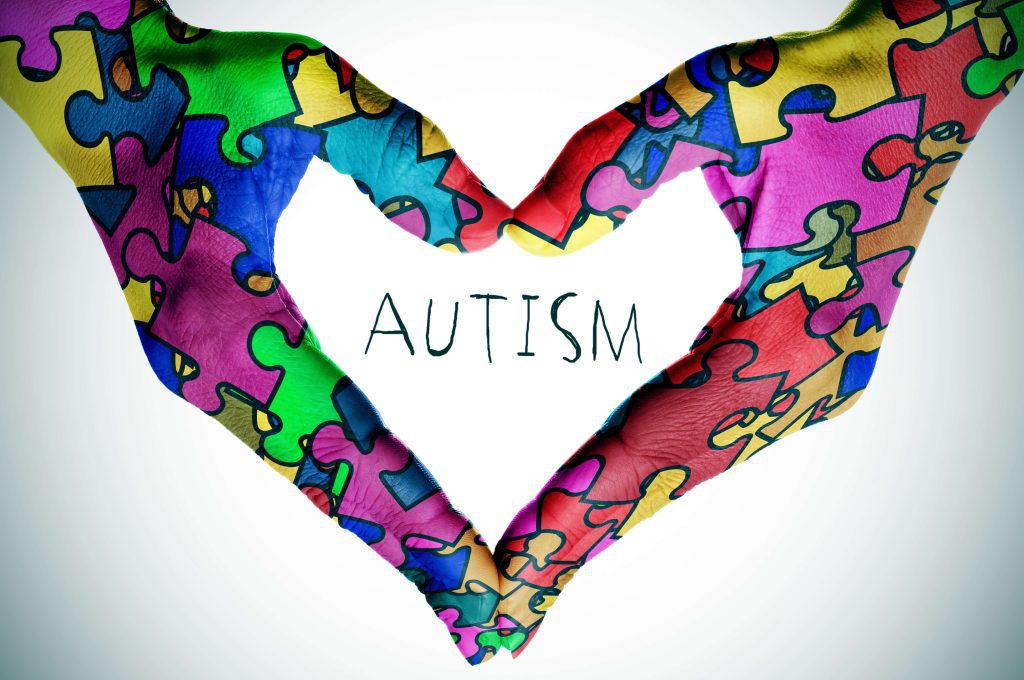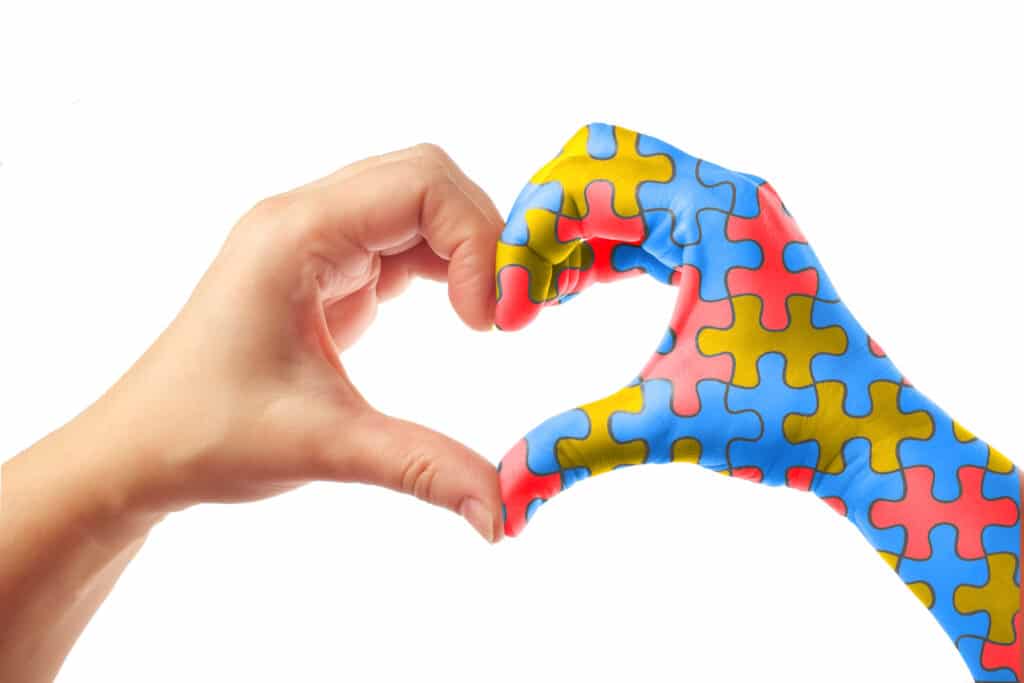Supporting Mental Health for Individuals on the Autism Spectrum
Mental health is essential for everyone, but for individuals on the autism spectrum, unique challenges can make accessing the right support more difficult. Autism Spectrum Disorder (ASD) affects how a person interacts with the world, communicates, and processes sensory experiences. While autism itself is not a mental illness, many individuals with ASD experience co-occurring mental health conditions, such as anxiety, depression, and obsessive-compulsive disorder (OCD). Understanding their needs and providing tailored support is crucial for enhancing their well-being.

The Link Between Autism and Mental Health
Individuals with ASD are more likely to experience mental health conditions due to a variety of factors, including:
- Sensory Overload: Difficulty processing sensory stimuli can lead to heightened stress and anxiety.
- Social Challenges: Difficulty understanding social cues may contribute to feelings of isolation and loneliness.
- Routine Disruptions: Changes in routines or unexpected events can trigger emotional distress.
- Bullying and Stigma: Many individuals with autism face misunderstanding and discrimination, which can lead to low self-esteem and increased mental health struggles.
- Difficulty Expressing Emotions: Some individuals with ASD struggle with verbal communication, making it harder to express feelings and seek support.
Common Mental Health Conditions in Individuals with ASD
People on the spectrum frequently experience co-occurring mental health conditions, including:
- Anxiety Disorders: Excessive worry, panic attacks, and social anxiety are common among individuals with ASD.
- Depression: Persistent sadness and withdrawal can affect daily functioning and overall happiness.
- Obsessive-Compulsive Disorder (OCD): Repetitive behaviors and fixations can intensify under stress.
- Attention Deficit Hyperactivity Disorder (ADHD): Many individuals with autism also have ADHD, making concentration and impulse control challenging.

How to Support Mental Health for Individuals on the Spectrum
Providing effective mental health support for individuals with ASD requires a compassionate, personalized approach. Here are some key strategies:
- Therapy Tailored to ASD: Cognitive-behavioral therapy (CBT) adapted for autistic individuals can help them manage anxiety and depression.
- Sensory-Friendly Environments: Reducing sensory triggers in homes, schools, and workplaces can improve comfort and reduce stress.
- Clear and Structured Communication: Using visual aids, social stories, and direct language can improve understanding and reduce anxiety.
- Encouraging Routine and Predictability: Establishing daily schedules can provide a sense of security and stability.
- Support Groups and Community Engagement: Connecting with others on the spectrum can provide a sense of belonging and reduce feelings of isolation.
- Parental and Caregiver Support: Families and caregivers play a crucial role in providing emotional and practical support.


At Lifescape Recovery, we recognize the importance of specialized mental health care for individuals on the autism spectrum. Our team of professionals provides personalized therapy, sensory-friendly interventions, and tailored support programs to help individuals with ASD manage their mental health and lead fulfilling lives.
If you or a loved one needs support, Lifescape Recovery is here to help. Contact us today to learn more about our programs designed for individuals on the autism spectrum.
Published: April 01, 2025
Last Updated: June 01, 2025

Published: August 24, 2025
Understanding Personality Disorder Clusters: Personality Disorder Cluster A, B, and C
Personality disorders are long-standing patterns of behavior, thoughts, and emotions that can create difficulties in relationships, work, and daily functioning. Instead of being flexible and adapting to life’s situations, these patterns remain rigid and cause distress. The DSM-5 (Diagnostic and Statistical Manual of Mental Disorders, Fifth Edition) organizes personality disorders into three groups, called clusters. […]
Read more
Published: August 24, 2025
Understanding Borderline Personality Disorder (BPD): Causes, Symptoms and Treatment
Borderline Personality Disorder (BPD) is a complex and often misunderstood mental health condition marked by intense emotional instability, turbulent relationships, and an overwhelming fear of abandonment. As a Cluster B personality disorder, BPD can make everyday life feel chaotic and overwhelming—but with tailored therapy, individuals can learn to regulate emotions, build meaningful connections, and thrive. […]
Read more
Published: August 24, 2025
Understanding Histrionic Personality Disorder (HPD): Causes, Symptoms and Treatment of HPD
Histrionic Personality Disorder (HPD) is more than being dramatic—it’s a serious mental health condition that can disrupt relationships, careers, and self-esteem. Belonging to Cluster B personality disorders, HPD is marked by attention-seeking behavior, shallow but intense emotions, and a constant need for approval. Left untreated, it often creates cycles of frustration and conflict, but with […]
Read more
